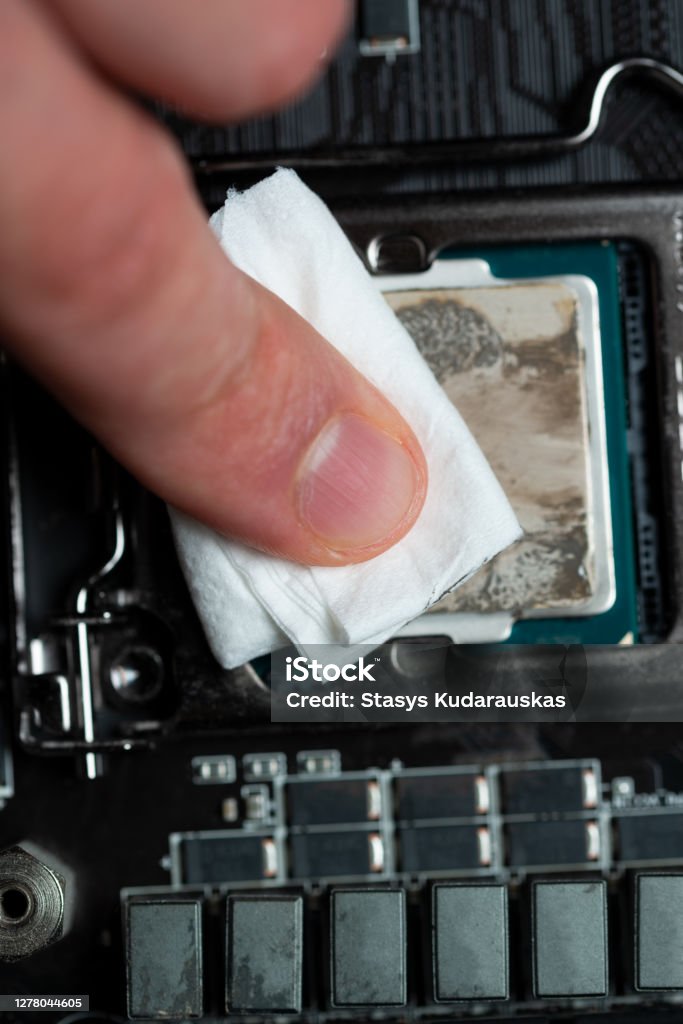Introduction
Understanding the normal CPU usage while gaming is essential for optimizing performance and preventing potential issues. Gamers often wonder What is the normal cpu usage while gaming? This guide will break down what constitutes normal CPU usage, the factors that influence it, and how to optimize your system for peak gaming performance.
How CPU Usage Works in Gaming
CPU usage refers to the percentage of your processor’s power being used at any given time. When gaming, your CPU is responsible for handling game physics, AI, and background processes. The level of CPU usage varies depending on the game, graphics settings, and hardware.
What is the normal cpu usage while gaming?
A typical CPU usage range during gaming falls between 40% and 80%. However, this can fluctuate based on several factors:
- Game Complexity – CPU-intensive games, such as open-world or strategy games, require more processing power.
- Graphics Settings – Higher settings, especially those related to physics and AI, increase CPU load.
- CPU Model – High-end CPUs with more cores and threads handle higher loads more efficiently.
- Background Applications – Running multiple programs simultaneously increases CPU usage.
- Resolution and Frame Rate – Higher resolutions and frame rates may demand more from the CPU.
Factors That Affect CPU Usage During Gaming
Several key factors impact your CPU’s workload while gaming:
- Game Engine Efficiency – Some engines are more optimized for CPU performance than others.
- Game Optimization – Poorly optimized games often put unnecessary stress on the CPU.
- Operating System and Background Processes – System updates and background services can consume CPU resources.
- Outdated Drivers – Old or corrupted drivers may cause inefficient CPU usage.
- Hardware Bottlenecks – If your GPU is significantly more powerful than your CPU, it can create a bottleneck.
Monitoring Your CPU Usage
To keep track of your CPU performance, use these tools:
- Task Manager – Windows’ built-in tool for monitoring CPU activity.
- MSI Afterburner – A powerful tool for tracking CPU and GPU performance, including FPS.
- HWMonitor – Monitors CPU temperature, usage, and voltage.
- In-Game Overlays – Many games provide built-in performance tracking.
How to Identify CPU Bottlenecks
A CPU bottleneck occurs when your processor limits overall system performance. Signs of a CPU bottleneck include:
- High CPU Usage, Low GPU Usage – If your CPU is at 100% while your GPU is underutilized, your CPU may be the bottleneck.
- Low FPS and Stuttering – Inconsistent frame rates and lag, even with a powerful GPU, indicate CPU limitations.
- Sluggish Performance – Longer game loading times and delayed responses may point to an overloaded CPU.
How to Optimize CPU Usage for Gaming
Follow these steps to improve CPU efficiency and gaming performance:
- Close Background Apps – Shut down unnecessary programs to free up CPU resources.
- Update Drivers – Ensure your graphics and chipset drivers are up to date.
- Adjust Game Settings – Lower CPU-intensive settings such as physics, shadows, and AI.
- Overclocking – Boosting your CPU’s clock speed can improve performance but generates more heat.
- Upgrade Your CPU – If your processor is outdated, upgrading to a more powerful model can provide a significant performance boost.
The Importance of Balanced Hardware
A well-balanced system prevents CPU bottlenecks and ensures smooth gameplay. Pairing a high-end GPU with a low-end CPU can create performance issues, so investing in a compatible setup is crucial.
Key Takeaways
- Normal CPU usage while gaming typically falls between 40% and 80%.
- Consistently high CPU usage may indicate a bottleneck.
- Use tools like Task Manager and MSI Afterburner to monitor performance.
- Optimizing game settings and closing background apps can reduce CPU load.
- A balanced hardware setup is essential for smooth gaming.
FAQs
1. What is considered high CPU usage while gaming?
- If your CPU is consistently at 100%, it is too high and may impact performance.
2. Does CPU usage affect FPS?
- Yes, excessive CPU usage can lead to lower FPS and stuttering.
3. How can I check my CPU usage while gaming?
- Use Task Manager, MSI Afterburner, or HWMonitor.
4. Can overclocking reduce CPU bottlenecks?
- Yes, overclocking can improve performance but increases heat output.
5. Is fluctuating CPU usage normal during gaming?
- Yes, CPU usage varies based on game requirements and background processes.
Conclusion
Understanding and managing CPU usage is key to optimizing gaming performance. By monitoring your CPU, identifying potential bottlenecks, and implementing optimization strategies, you can ensure a smoother gaming experience. Keeping your system well-balanced and regularly updated will help maintain peak performance and longevity.




